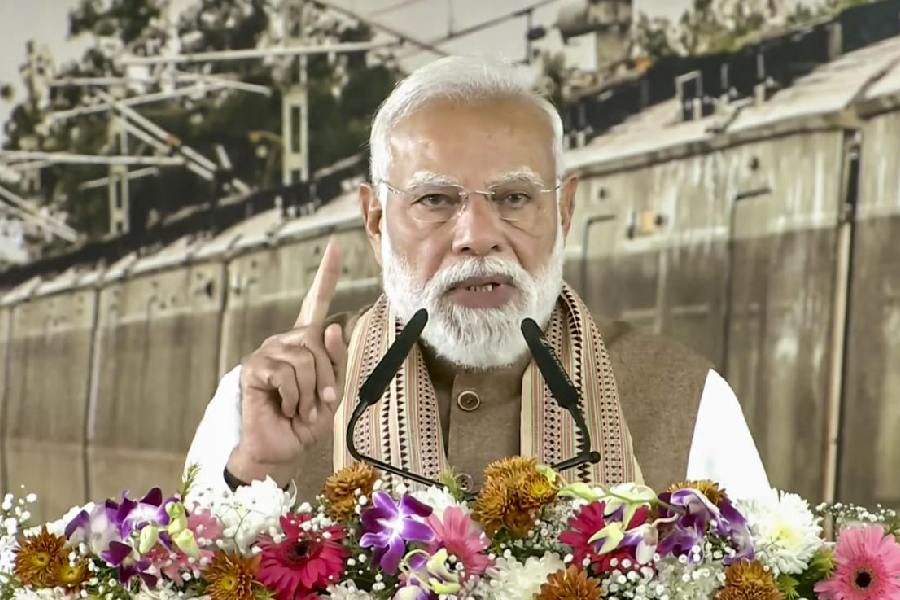Forty-one years after India took one small step by sending Rakesh Sharma aboard a Soviet craft to space, the nation has taken a giant leap: with the Axiom-4 mission docking successfully at the International Space Station, Shubhanshu Shukla has become the first ever Indian to land on the ISS. Comparisons between the two Indian pioneers would be facile. During Mr Sharma’s time, India, in a manner of speaking, was taking gingerly steps in space walk and the country was a bit player in international space research. Today, Mr Shukla, along with other members of the Axiom mission, is expected to undertake sophisticated experiments pertaining to crucial fields such as agriculture and health. This change in priorities is also reflected in the shifting of goals of the Indian Space Research Organisation. Initially, India’s premier outfit in space research and exploration had sought to capitalise on the then emerging space technologies to resolve challenges within the national domain. Four decades later, ISRO is planning India’s first orbital mission — Gaganyaan — with a human crew. In fact, the knowledge gathered by Mr Shukla — he is among the candidates to be part of that manned mission — during his current stint in space is supposed to be useful for India’s maiden crewed space project.
Changes within India’s space programme mirror broader, global transformations. Humanity’s initial foray into the proverbial final frontier was underpinned by discernible political and strategic objectives. The competing space missions launched by the United States of America and the erstwhile Soviet Union are a case in point. That competitive edge exists, but it is no longer as sharp. The end of the Cold War and the subsequent changes in the global order saw the emergence of multilateral cooperation in the field of space research of which the ISS — a collaboration among the US, Russia, Canada, and Japan —is a significant milestone. The other change has been the privatisation of space exploration. Axiom-4 is a space flight of Axiom Space, a private space firm, which collaborates with Elon Musk’s SpaceX and NASA, an autonomous agency of the US federal government. Such international endeavours are bound to blunt political rivalries. But they are susceptible to another threat — profiteering. Space and relevant knowledge are increasingly being turned into commercial capital. And like all resources, old and new, it is unlikely to be shared equally.










